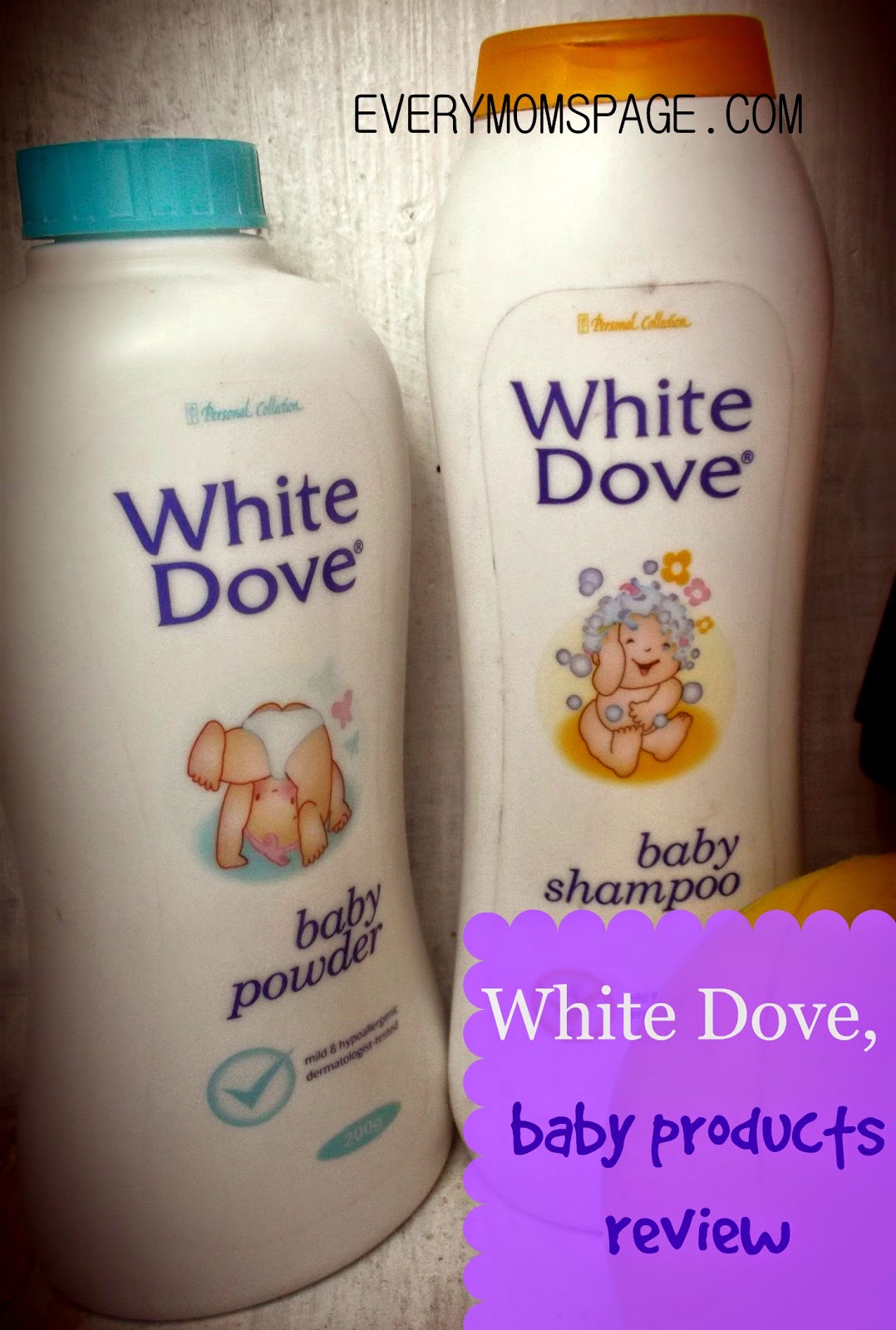Plant Foods: Great Sources of Calcium, Protein and Fat
You’ve probably got two major health concerns on your mind: getting enough protein and calcium while cutting down on harmful fat. With cleverly placed advertising touting this food or that food, it’s hard to sort through all the noise to obtain the right information. However, your best bet is to seek plant-based sources for both, and at the same time you’ll increase the good fats in your diet while reducing or eliminating the less healthy versions.
Wait a Minute! I’m Already Eating Meat and Dairy
You’re probably trying to consume enough protein and calcium by incorporating animal foods into your meals. And if you’re like most who are concerned about fat content, you’re sticking to chicken or seafood, or perhaps low-fat dairy. However, there’s more than one way to accomplish your goals. If you want to make your job of balancing protein, calcium and fat intake a little easier, opting for plant products is a good idea.
First of all, protein sources that come from beans, legumes or whole grains are much lower in fat than their meat-based equivalents. An example cited by One Green Planet proves this point abundantly: a 100 gram serving of quinoa provides 14 grams of protein and 6 grams of fat versus the same amount of beef, which weighs in at 26 grams of protein and 15 grams of fat. Also noteworthy are the two’s respective cholesterol contents, clocking in at 0 milligrams for the quinoa and 90 milligrams for the beef.
Additionally, switching at least some if not all of your dairy sources of calcium for non-dairy versions can aid significantly cut down on your total fat content. While choosing low-fat dairy can aid in this, you might be safer sticking to vegetarian sources for this important mineral. In fact, according to the Physicians Committee for Responsible Medicine, some studies have linked dairy consumption, milk in particular, to an increased risk for hip fractures and mortality. Foods rich in calcium include kale, oranges and broccoli. And if you want to help boost your intake, look for fortified plant-based products.
But Don’t I Need to Eat Some Fat?
Very few sources recommend eliminating all fat from the diet. In fact, this can be detrimental. Fat is critical for maintaining your nerves and cell membranes in good condition, as well as the production of some key hormones in your body. The distinction, however, needs to be made between good fats and not-so-good fats. Upping your consumption of monounsaturated and polyunsaturated fat is optimal, as both contribute to improving cholesterol levels. And if you go with only vegan sources, you avoid the saturated and trans fat from meat and dairy that wreak havoc on your cardiovascular health.
Okay. But What If I Just Cut Down on Animal Products?
It may take a while to reduce the meat and dairy out in your meals, but your body will eventually thank you for it. Starting slow is a good idea. Maybe going meatless for one meal per day, or starting with one vegan day per week, is an ideal way to go gradual until you get the hang of it. Then, you have some practice and as you learn about more foods along the way, adding some new choices to your eating habits expands your options.
And if the health benefits alone aren’t convincing, consider some of the unethical actions taken by the meat and dairy industries. For instance, dairy-free mayonnaise maker Hampton Creek was recently the target of a calculated campaign by the egg industry, who aimed to crush the San Francisco startup. Given that its Just Mayo line contains no animal products, it’s not hard to deduce that it’s healthier. So it’s little wonder why the egg industry felt threatened. And with the documented environmental damage caused by meat and dairy production, dropping them may do greater good than you realize.
Make Your Life Easier With Vegan Eating
It’s easy to rely on convenience foods, or to stick to the old standbys when it comes to nutrition. And while change can be difficult, it’s not impossible. Eating less meat and dairy requires some planning, but you’ll reap many benefits, such as lower intake of harmful fats. And at the same time, strategic eating can be both rewarding and flavorful when you incorporate an extensive range of protein, calcium and fat sources from plants in your diet.



